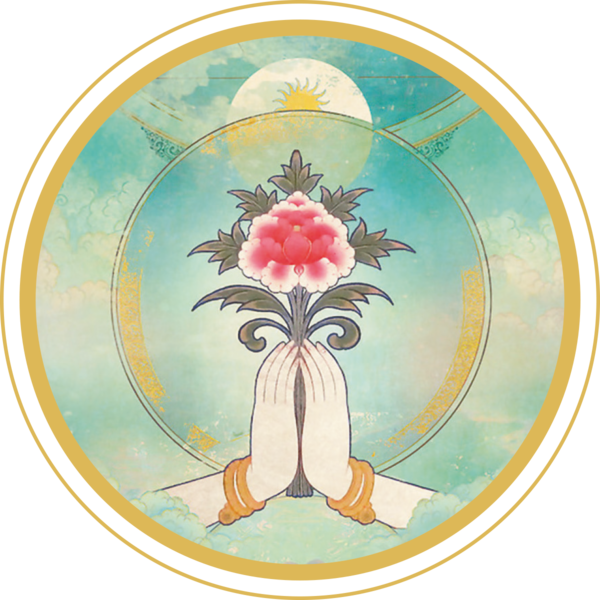Bhagavad Gita
The Vedas are beautiful scriptures, a Way of Knowledge that reveals the Truth about the Self, You.


Gita explains how the Self, the Atman, is unlimited, indestructible, Ever existing
Every week, on Mondays at 1 p.m., in the traditional format.
LIVE ONLINE!
Via Zoom video conference and in person when possible,
Anandi Audrey presents the teachings of the Gita according to the writings of
Swami Dayananda, founder of our Arsha Vidya lineage.
It is a moment of great magic and elevation. The desire for freedom, Moksha, is a desire that all human beings share.

In Sanskrit, the gift is called Daksina, spiritual gift for the teaching received.
In the West, we are not used to this concept of daksina. In India, it is part of the culture and tradition to honor the teaching and the teacher for sharing knowledge and practices.
Can't we put a price on what is priceless? for knowledge or practices that allow our hearts to relax?
We can give as much as we can, whenever we can, to express our gratitude, according to our situation and the means available.
It is said in the Veda that Phalam, the fruits of our study, descend and take shape in the Self at the moment of Dakshina. It is a practice that makes you free and that you will feel as such, from which you draw a great instantaneous fullness: Purnam.


